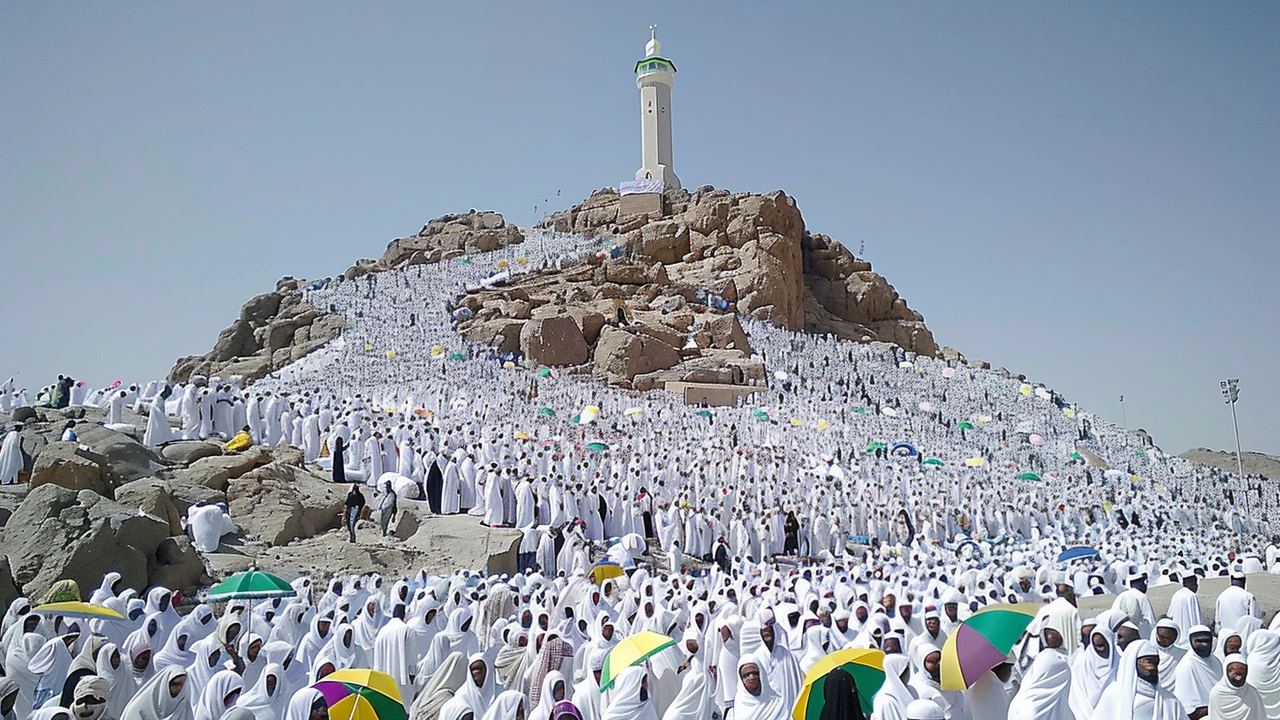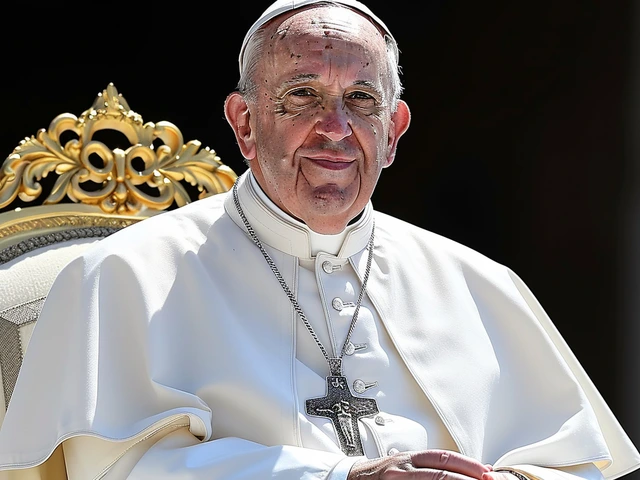Arafat Day: The Heart of the Hajj Pilgrimage
Today, Saturday, stands as a momentous day for Muslims around the globe as it marks Arafat Day, the apex of the 2024 Hajj pilgrimage. Over 1.5 million pilgrims, including a significant contingent of 65,000 from Nigeria, have converged at Mount Arafat, also known as Jabal Rahma or the Mount of Mercy. This gathering is not only the zenith of their pilgrimage but also a profoundly spiritual experience that tether them to a tradition thousands of years old.
The Hajj pilgrimage, one of the five pillars of Islam, is an obligation for every able-bodied Muslim with the financial means to undertake it at least once in their lifetime. Arafat Day holds unparalleled significance, as it is believed that the Prophet Muhammad delivered his Farewell Sermon here, stressing unity, equality, and humility. The rituals performed at Mount Arafat encapsulate the essence of Hajj, which is why this day is also referred to as the 'Day of Standing' (Wuquf).
Rituals and Observances on Arafat Day
From sunrise to sunset, the day is filled with spiritual activities. Pilgrims don the Ihram, a white seamless dress symbolizing purity and equality before Allah. The simplicity of the Ihram underscores a departure from material possessions, fostering a state of humility and spirituality.
Upon arrival at Mount Arafat, pilgrims partake in the Wuquf ritual, which involves standing in prayer and supplication. This moments-long act is a profound exercise in devotion and repentance, with many seeking Allah's mercy and forgiveness. Certain religious scholars consider that any prayers made sincerely on this day are potent and likely to be accepted by Allah.
The atmosphere is charged with chants of 'Labbaik Allahumma Labbaik,' reinforcing the sense of unity among the sea of pilgrims. At the heart of the proceedings is Masjid Namirah, where sermons provide spiritual guidance and inspiration. The subjects often revolve around key Islamic principles, reinforcing the teachings of the Prophet Muhammad.
Global Observation and Local Precautions
While the physical journey to Mount Arafat is made by millions, Arafat Day is also observed by Muslims worldwide who are unable to make the pilgrimage. They partake in fasting and engage in additional prayers and spiritual activities, reflecting the universal relevance of this day.
The National Hajj Commission of Nigeria (NAHCON) has played a vital role in ensuring that the Nigerian pilgrims have a safe and spiritually rewarding experience. Recognizing the harsh weather conditions, which are predicted to be quite severe this year, the commission has prioritized pilgrim sensitization. Adequate measures, including guidance on hydration, avoiding direct sun exposure, and seeking shade, have been emphasized to prevent heatstroke.
The medical teams accompanying the pilgrims are well-equipped and trained to handle any heat-related issues that may arise. This focus on health and safety aligns with the holistic care that pilgrims are encouraged to follow, both physically and spiritually.
Cultural and Spiritual Impact
Arafat Day transcends the confines of ritualistic obligation, seeping into the cultural and spiritual fabric of the Muslim community worldwide. It is a day of reflection, reminding Muslims of the values and teachings of Prophet Muhammad's Farewell Sermon. The themes of unity, equality, and the importance of humility resonate deeply, prompting a universal call for introspection and self-betterment.
For the pilgrims on the plains of Arafat, this day marks a personal spiritual milestone. The sacrifices made and the rigorous journey leading up to this day culminate in an enriching and often life-altering experience. It's a day where the divine and the human intersect, creating a space for spiritual rebirth.
As the sun sets on Arafat Day, pilgrims will proceed to Muzdalifah to continue the rites of Hajj, but the essence and spiritual uplift gleaned from this day will undoubtedly leave a lasting imprint on their hearts and minds. For Muslims globally, the observance of Arafat Day serves as a reminder of their faith's profound depth and the unity that binds them across continents.
In conclusion, Arafat Day remains a cornerstone of Islamic faith. Its significance lies not only in the rituals performed but also in its ability to unite Muslims worldwide in a shared spiritual endeavor. As the 2024 Hajj pilgrimage peaks, the spirit of Arafat Day continues to illuminate the path of faith for millions, fostering a sense of global fraternity and unwavering devotion to Allah.















